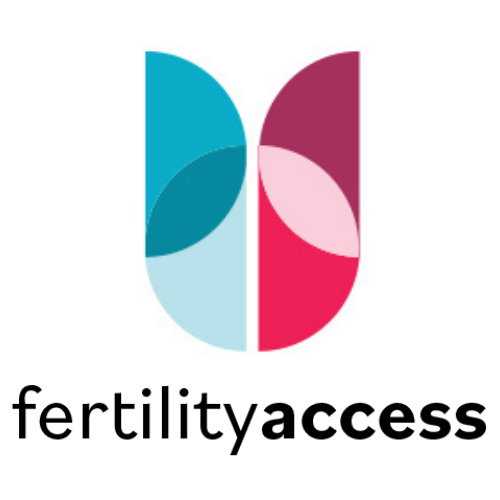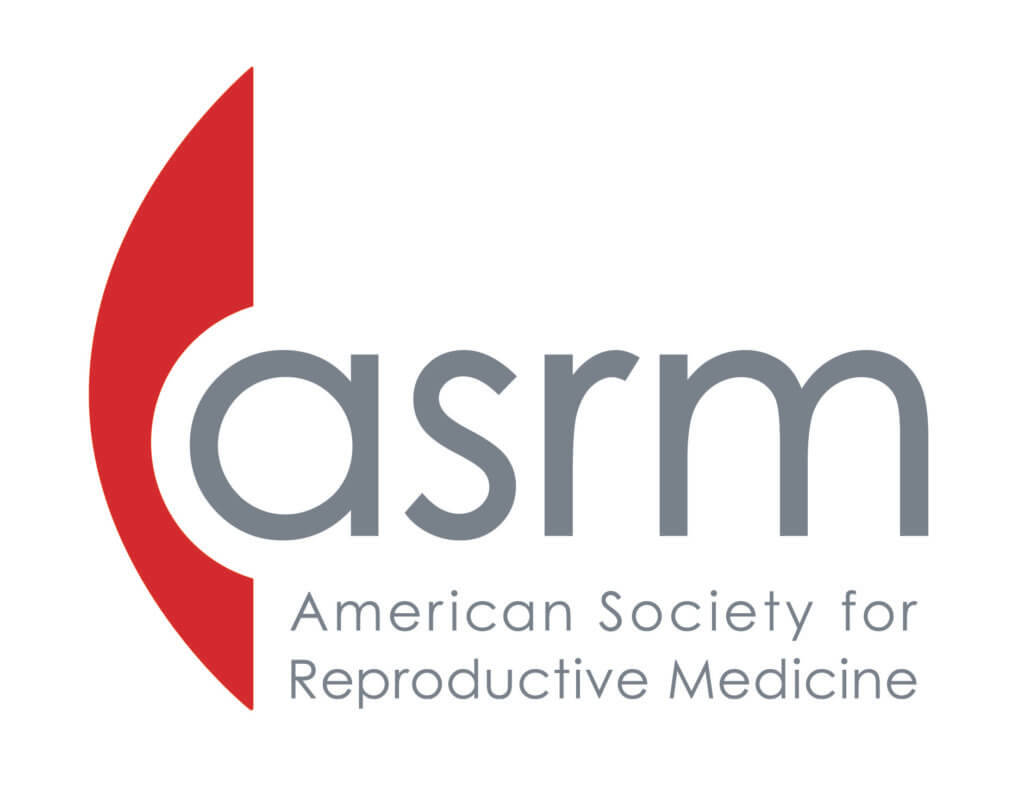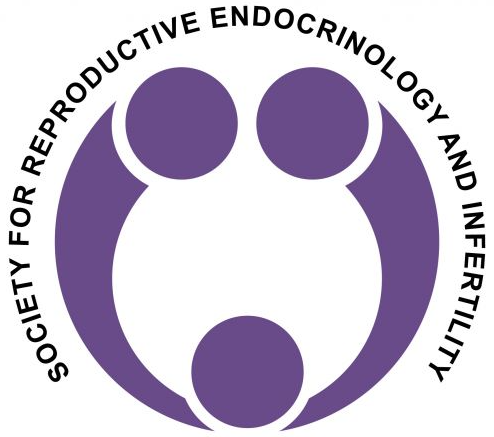It’s estimated that more than five million people in the United States will experience infertility problems while trying to become pregnant. Infertility is defined as the inability to conceive after having intercourse without contraception for 12 months. Many factors can affect your ability to conceive a baby: your medical and sexual history, medications you’re taking, your use of caffeine, tobacco and alcohol as well as exposure to environmental toxins.
Working with a dedicated medical team focused on the comprehensive evaluation and treatment of infertility can help you understand your options. After a detailed medical and lifestyle history is complete, your doctor may suggest fertility testing.
What you need to know about fertility testing:
- Fertility testing is something a couple should do together, as both partners play a role in contraception.
- There is no single test for infertility; a comprehensive fertility evaluation includes a series of tests along with a physical exam and detailed medical history.
Specific tests and procedures your doctor may order include:
- Ovarian testing to determine if the female is releasing an egg on a monthly basis. This can be done by testing the urine (luteinizing hormone) or blood (progesterone) or through daily basal body temperature monitoring to watch for a rise in temperature just before ovulation.
- Follicle-stimulating hormone (FSH) and estradiol blood level testing to ensure the body is preparing the ovaries to release an egg each month.
- Anti-Mullerian hormone (AMH) testing as an indicator of ovarian reserve.
- To assess the fallopian tubes, ovarian follicles and uterus, the doctor may order a hysterosalpinogram, a transvaginal ultrasound or a saline infusion sonogram.
- A semen analysis to assess sperm volume, concentration, motility and morphology.
Together, you and your doctor will review your individual health history and determine the tests and treatment most appropriate for you. The expert team at the Center for Reproductive Medicine (CRM) understands the stress and anxiety associated with infertility and is here to help you navigate this very personal situation.
With clinics in Minneapolis and St. Paul, the caring team at the Center for Reproductive Medicine is ready to help you grow your family. New patients: 612-355-8596, Minneapolis patients: (612) 863-5309 and St. Paul patients: (612) 379-3110.





